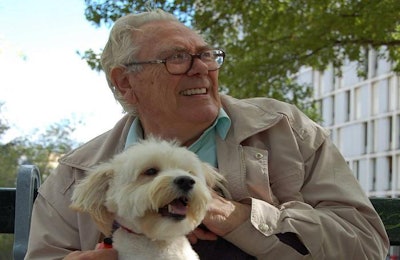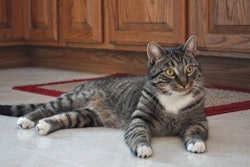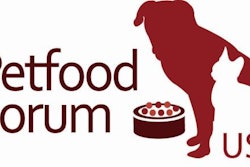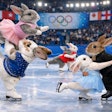
From Petfood Industry:
In 2012, a Bloomberg article predicted that baby boomers would spend less on pet products as they age and may give up their pets. But a recent report from Packaged Facts says baby boomers are a major key to market growth.
According to the Bloomberg article, pet ownership rates tend to drop as people age, and baby boomers, defined as those born from 1946-64, are reaching retirement age. An industry survey found that routine veterinary care could cost about US$248 per year for a dog, which may mean these baby boomers could be forced to give up their pets on fixed incomes and in smaller homes, or due to physical limitations that prevent them from being able to care for their pet.
However, with most children gone from the home, baby boomers still spend a significant amount on their pets and treat them like humans. The Nielsen Co. reported that baby-boomer households spent an average of US$211 per year on petfood in 2010, exceeding spending by any other generation. As a result, the pet industry is promoting the benefits of pet ownership for older people, like through the Human Animal Bond Research Initiative, a nonprofit dedicated to promoting the positive role that animals play in a person's health.
At around 77 million strong, the generally high-earning and big-spending baby boomers are one of the most important forces driving the pet industry and one that holds enormous promise, according to the new Packaged Facts report. To date, boomers have broken the historical pattern of slacking off in pet ownership as they age. Instead, they have superimposed their proclivities toward health/wellness and self-pampering onto their pets. This is very good news for the pet industry and pet markets. But the news gets even better in that boomers are rapidly aging into the senior bracket. If boomers' 'rule-breaking' behavior with regard to pet ownership continues, the result will be robust pet market participation in the senior cohort, where pet ownership rates have historically been far below average.
Pet ownership among baby boomers may decline as they age
Thanks to the baby-boomer generation's love of their pets, American spending on pet products is expected to exceed US$52 billion in 2012, but a recent article looks into whether these pet owners will still be able to care for themselves and their pets as both age.













